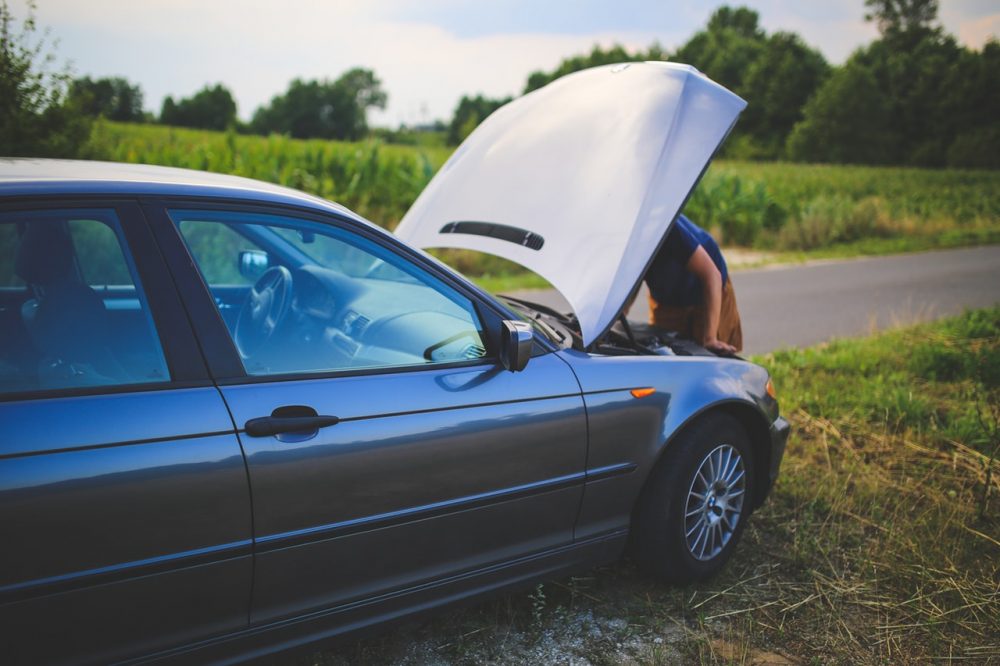Major Vehicle Problems That Are Easy to Prevent (But Hard to Fix)

No one wants to deal with an expensive, hard-to-fix automotive disaster. While some mechanical failures are practically inevitable due to wear and tear, there are a few major problems that you can stave off with only minor effort. Here’s a look at some car-killing issues that you can usually avoid with a bit of maintenance and attention.
Get the Best Care for Your Car: Choose service from a factory-trained certified technician
Seized engine
Engines are complex and expensive, so a seized engine can be a total car killer. Seizing occurs due to worn components, a lack of oil, overheating, and when rust welds engine components together, preventing them from running smoothly. No matter how it occurs, when seizing happens, you’re usually better off cutting your losses and getting a new (or new-to-you) vehicle.
There are some steps you can take to prevent your car’s engine from locking up. First, since a lack of oil and improper temperatures can damage your engine, make sure to maintain your vehicle’s oil and coolant levels. A broken timing belt can also lead to seizure, so have it checked and replaced in accordance with the owner’s manual. Finally, run your car regularly to lubricate the engine cylinders. When a car sits idle for too long, some intake valves on the cylinders remain open. Family Handyman explains that this can lead to moisture seeping into the engine and causing corrosion. A simple weekly drive could make a big difference in the long-term health of your vehicle.
Fried electronics
Modern cars are loaded with electronics that manage everything from the powertrain to the infotainment system. While this is usually pretty convenient, things can go disastrously wrong if you manage to reverse the polarity when jumping the battery.
Now here’s the good news — some vehicles have circuitry that keeps your vehicle safe if you hook up the jumper cables wrong. But according to CarTalk, you can’t count on all vehicles to have this safeguard. Instead, prevent singed computers, explosions, and fires in your engine bay by double-checking your connections the next time you jump your vehicle.
Fluid in the wrong reservoir
Your car takes a lot of different fluids, and if you’re topping them off regularly, you’re already taking strides to maximize your vehicle’s lifespan. Just make sure you pour those fluids into the right reservoirs — otherwise, you could have quite an expensive mess on your hands (and in your car). For instance, if you pour a petroleum-based fluid, like transmission fluid or motor oil, into the brake fluid reservoir, you’ve got a disaster to deal with. The brake line is full of rubber seals, which would begin to degrade upon contact with petroleum. In other words, you’d need to have the entire brake system replaced.
To prevent this mix-up, make sure to follow your vehicle’s manual when locating fluid reservoirs — and checking the bottle of fluid before you pour.
Don’t Get Stranded: Sign up for Roadside Assistance from OnStar
Looking for more ways to extend your car’s lifespan? Check out these easy tips.
Kimiko Kidd is a native Daytonian. She graduated from Wright State University with degrees in environmental science and sociology. She loves her trusty old Honda Civic, but dreams of owning a 1974 Ford Falcon XB with a custom paint job and a vintage Kawasaki Z1000. In her free time, Kimiko can be found watercolor-painting, baking muffins, collecting rocks, playing old-school Nintendo games, writing her novel, sewing stuffed animals, and cosplaying as her favorite Mad Max characters. See more articles by Kimiko.

